Question And Answer
Publications
Articles, publications, books, tools and multimedia features from the U.S. Institute of Peace provide the latest news, analysis, research findings, practitioner guides and reports, all related to the conflict zones and issues that are at the center of the Institute’s work to prevent and reduce violent conflict.
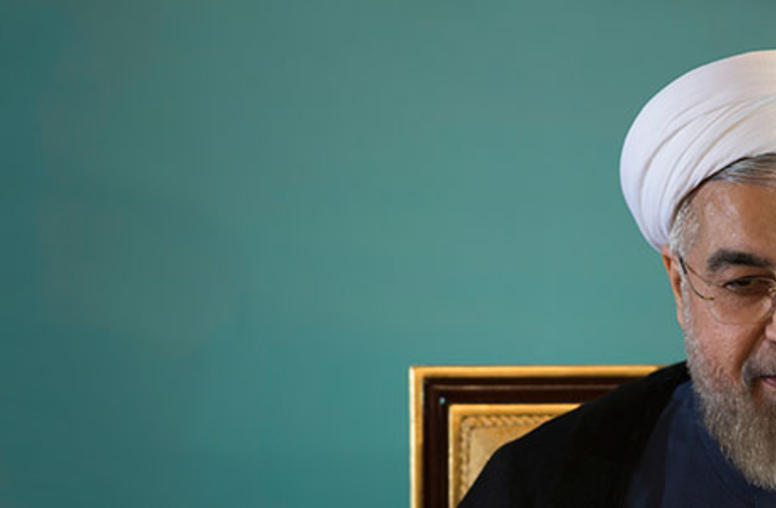
Q&A: Nuclear Deal Will Boost President Rouhani
Yesterday’s announced framework for a deal on Iran’s nuclear program will limit Iran’s nuclear activities in exchange for an end to international economic sanctions against the country. Many experts, including USIP’s Daniel Brumberg, have offered analysis of the agreement’s details, including its chances of preventing Iran from reaching a nuclear-weapons capability. Less attention has focused on the meaning of the accord for Iran and its place in the world. USIP expert and author Robin Wright...
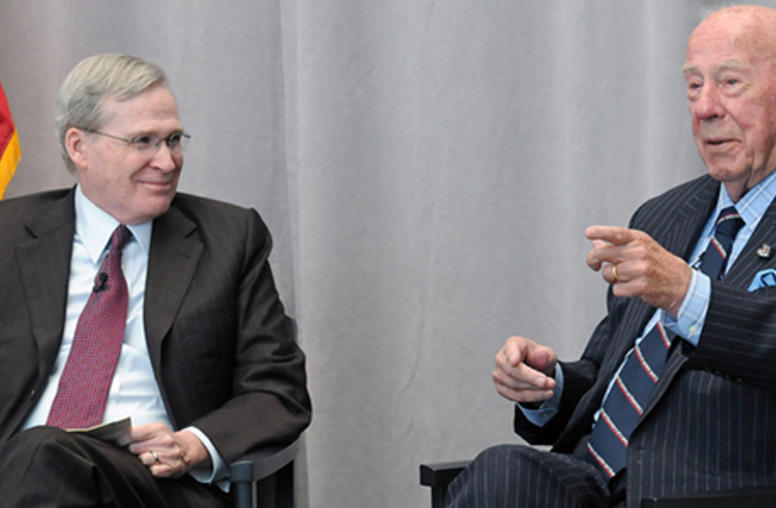
China Has Peaked as a Challenger to U.S. Power, Former Secretary of State Shultz Says
While China continues to grow as an economy and a military and political power, its overall influence relative to the United States has passed its peak, former Secretary of State George Shultz said at the U.S. Institute of Peace January 30. As China’s population ages, fewer working-age people must support a larger aged and dependent populace. “I think China, in relation to the U.S., has already reached its peak,” Shultz said in offering the Institute’s annual Dean Acheson Lecture.
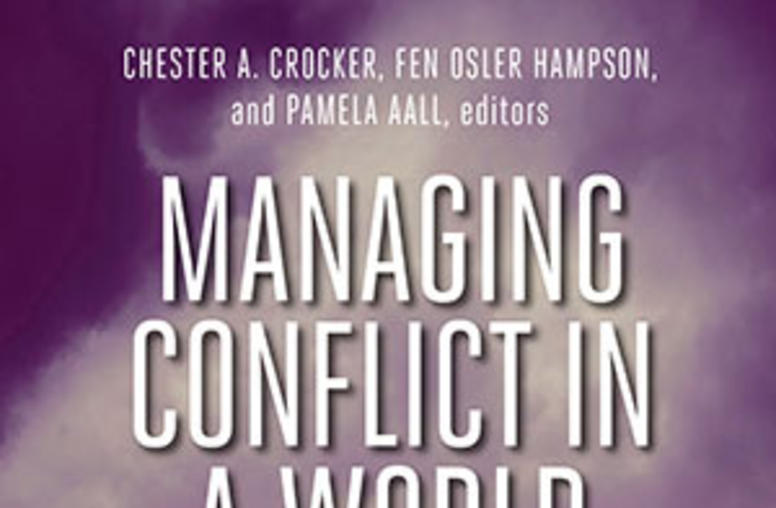
Managing Conflict in a World Adrift
In the midst of a political shift where power is moving from central institutions to smaller, more distributed units in the international system, the approaches to and methodologies for peacemaking are changing. "Managing Conflict in a World Adrift" provides a sobering panorama of contemporary conflict, along with innovative thinking about how to respond now that new forces and dynamics are at play.
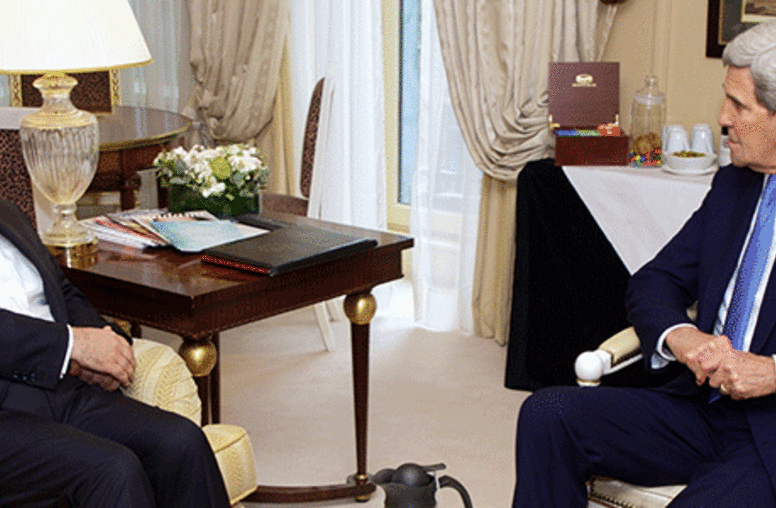
Q&A: Iran Nuclear Talks
Talks between Iran and six major powers—the U.S., the U.K., China, France, Germany and Russia—seek a framework agreement by March 24 with technical details by June. But leaders on all sides face intense—and sometimes harrowing—domestic pressure from opponents who fear a final agreement will give away too much. Robin Wright, an author and distinguished fellow at the U.S. Institute of Peace, explores the dynamics of the diplomacy.
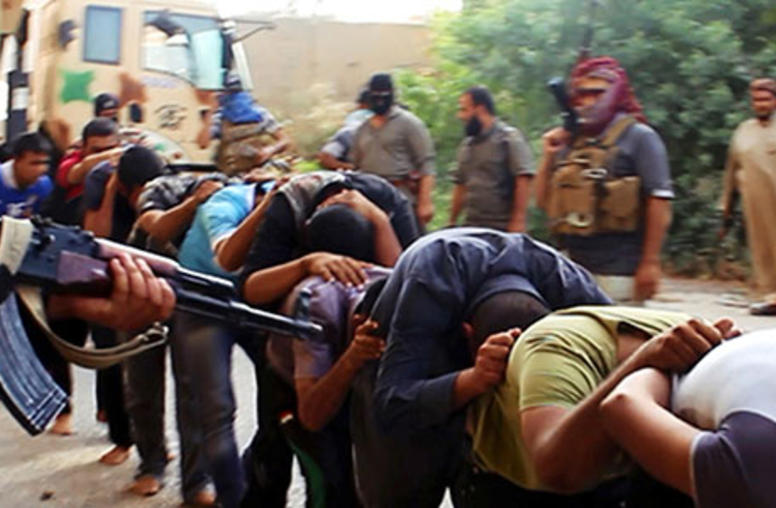
The United States Will Never Win the Propaganda War Against the Islamic State
To win hearts and minds in the Middle East, America needs to let local allies do the talking.
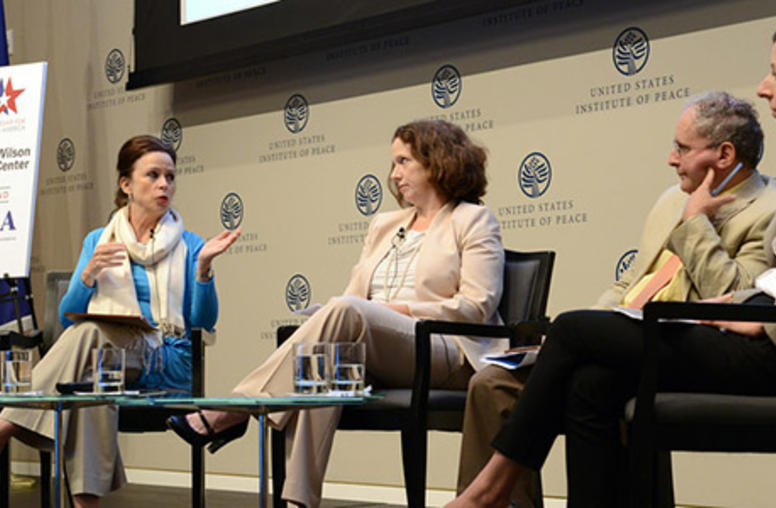
Iran Sanctions and the Possible Trade-Offs for a Nuclear Deal
Since 2006, the United States has imposed more sanctions on Iran than any other country, so it may have to cede the most ground to get a nuclear deal in 2014. An expert panel assembled by eight Washington think tanks and organizations examined the potential trade-offs during a discussion July 8 at the U.S. Institute of Peace.
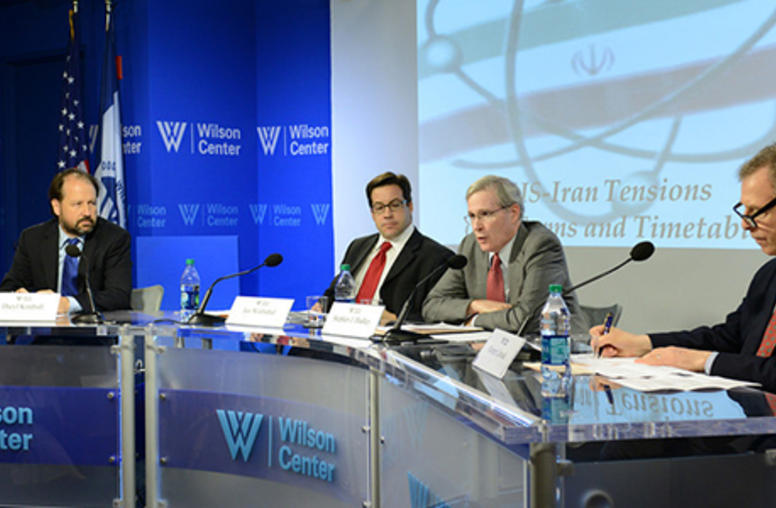
Nuclear Flashpoints: US-Iran Tensions Over Timetables and Terms
Another round of diplomatic talks over Iran’s nuclear program with six world powers starts June 16. Despite the promise of a potential deal, the most recent round of negotiations exposed the still-deep divisions between the two sides on basic questions. A final agreement will have to establish timetables and settle on interpretation of terms, among other critical issues.
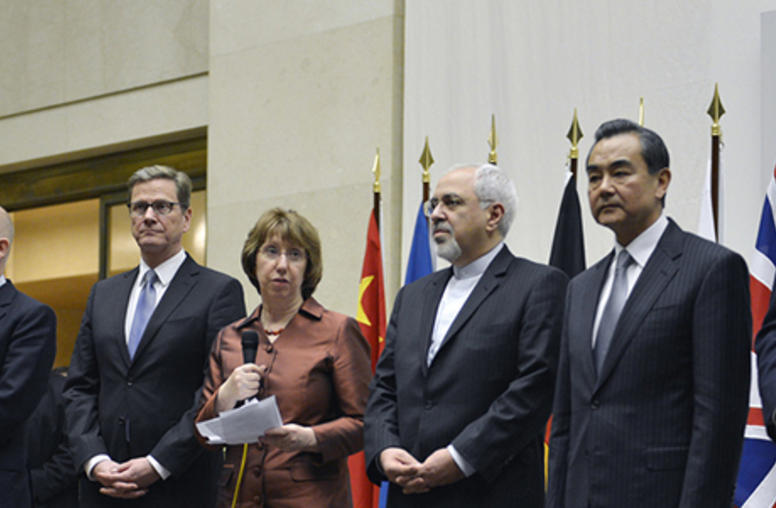
Countdown to the Final Iran Nuclear Deal
There’s no single formula for a nuclear deal with Iran. The United States compares negotiations to solving a Rubik’s Cube™, because so many pieces are involved—and moving one moves all the others.
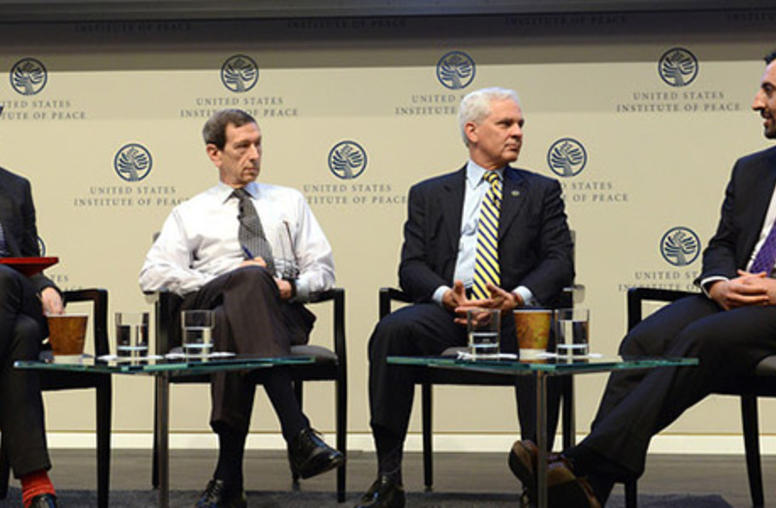
The Volatile Factors Underlying a Potential Iran Nuclear Deal
As the clock ticks toward a July 20 deadline for a nuclear deal with Iran, two former U.S. officials, a RAND Corp. analyst and a longtime advocate for eliminating the threat of nuclear weapons examined the volatile issues still to be resolved and the many formulations for potential solutions.
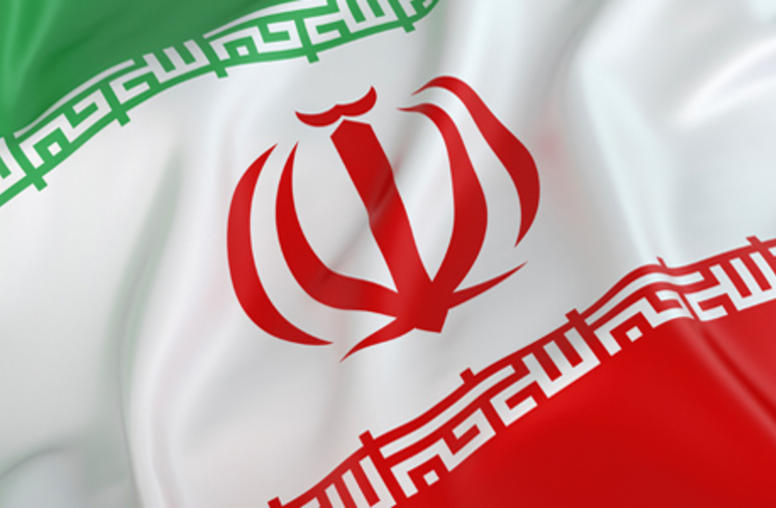
From Détente to Meltdown
As "self-defense forces" storm Ukrainian bases in Crimea and Russian President Vladimir Putin embraces the peninsula's return to the Russian Motherland, Moscow's adventurism is creating a dangerous ripple effect far beyond the cold shores of Crimea. With Russia, the United States, and Europe dancing around the abyss of a new Cold War, Moscow's cooperation in resolving other international disputes will be severely tested. The first casualty of the Crimea debacle could be the ongoing efforts of...